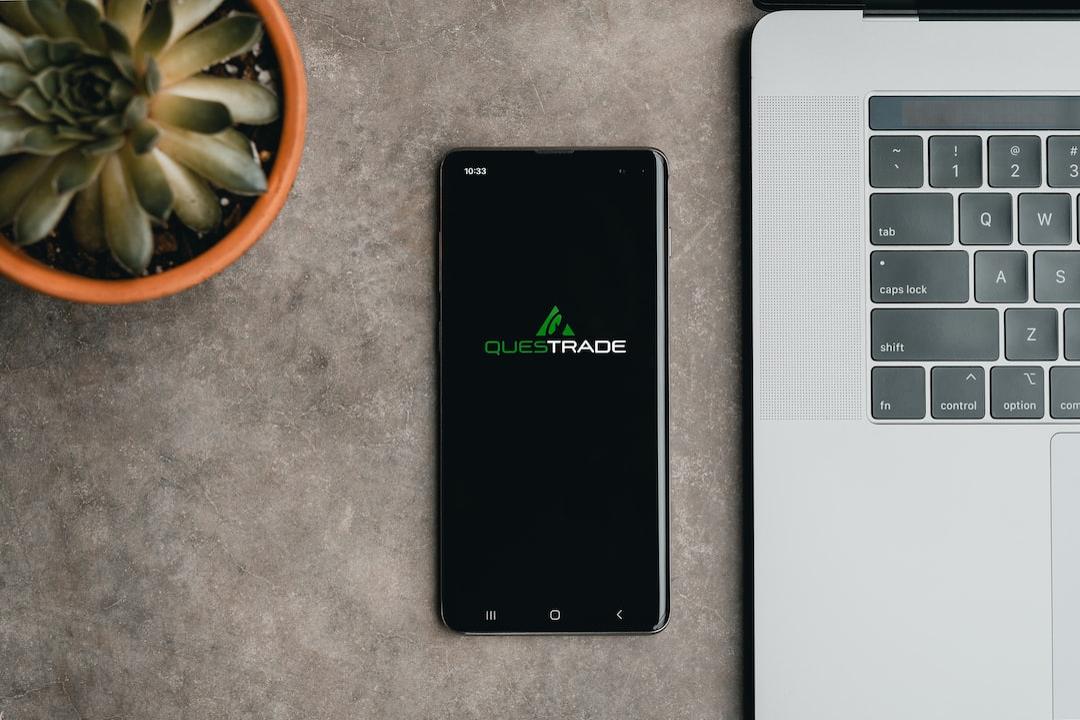Tech giant Apple has been hit with an extensive antitrust lawsuit by the United States Department of Justice (DOJ), alleging that its app market rules and “monopoly” have unlawfully stifled competition and hindered innovation. Supported by 16 state attorney generals, the complaint, filed on March 21 in a New Jersey federal court, claims that Apple’s dominance in the smartphone market has allowed it to force developers to use its payment system, thereby locking in both developers and users on its platform. The DOJ further alleges that Apple’s App Store guidelines and developer agreements impose restrictive rules and restrictions that enable the company to charge higher fees, impede innovation, offer a subpar user experience, and limit competitive alternatives. Consequently, many crypto-based apps on iOS devices currently have limited functionality. The DOJ also criticizes Apple for its 30% fee, referred to as the “Apple tax,” which is charged for apps and in-app payments that Apple did not create. This fee, as well as Apple’s payment systems, only support fiat currency and prevent the use of cryptocurrency in apps or render it economically unviable for crypto-based apps to offer in-app purchases. While Apple allows “certain enterprise and public sector customers” to offer their own apps through custom app stores, iPhone users and developers are prohibited from accessing such alternative app stores due to competition with Apple’s fees. For instance, some nonfungible token (NFT) marketplaces, like OpenSea, have disabled certain features on their iOS apps due to the 30% fee. Additionally, the Bitcoin-friendly social app Damus had to remove its BTC tipping feature after Apple delisted the app for not using its in-app payments function. Apple’s control also extends to web apps, as it requires all iOS web browsers to use its WebKit browser engine. The DOJ also accuses Apple of denying access to competing digital wallets that offer enhanced features and preventing developers from providing their own payment services to customers. In response to the lawsuit, an Apple spokesperson stated that the DOJ’s complaint is factually and legally incorrect, and the company will vigorously defend itself. Apple argues that the lawsuit sets a dangerous precedent by granting the government extensive power over technology design. In the European Union, Apple has been compelled by the Digital Markets Act to offer alternative browser engines, payment functions, and app stores, although it still maintains an approval process due to concerns over user privacy and security. Following the lawsuit, Apple shares fell 4% on March 21, reaching approximately $171, and have remained steady in after-hours trading.
Apple faces lawsuit in the US over alleged manipulation of rules that limited performance of cryptocurrency apps and other applications.
No Comments3 Mins Read
Related Posts
Add A Comment

